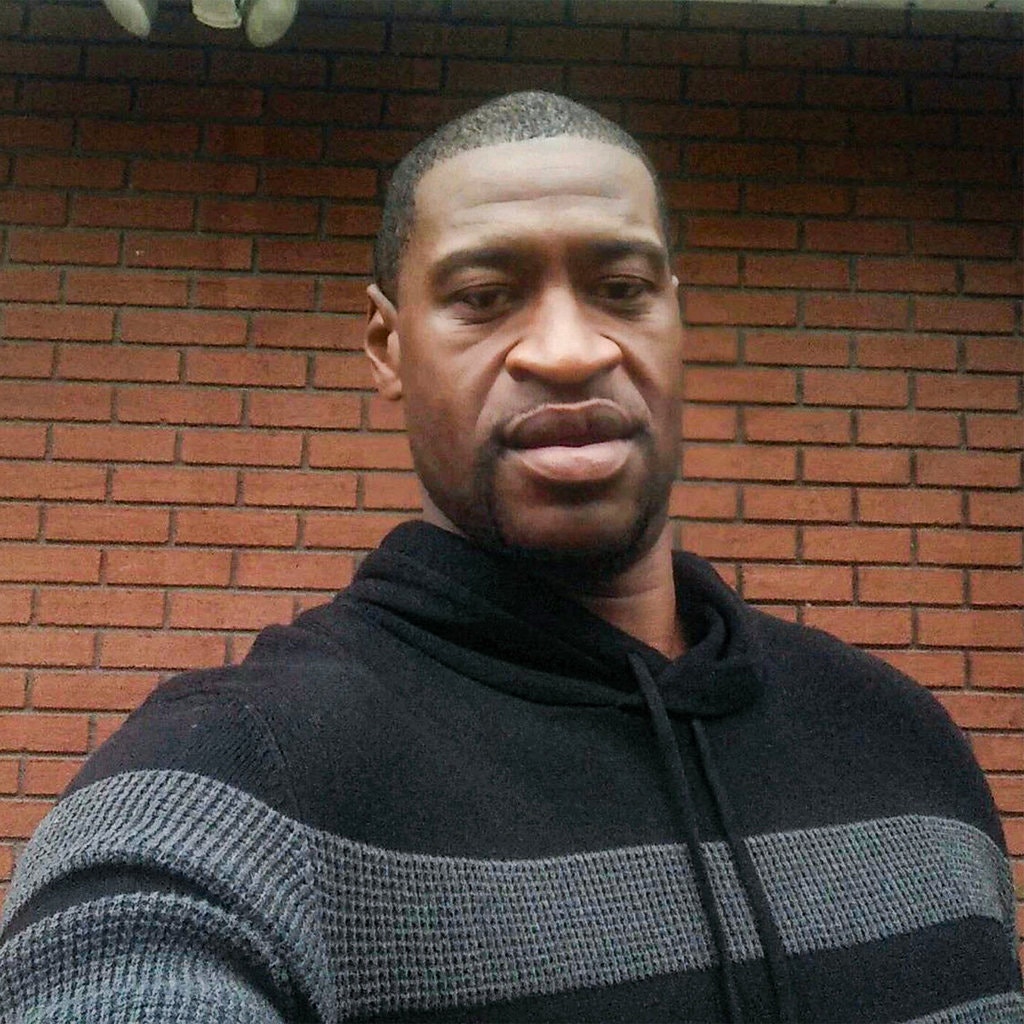This is a tragic and gut-wrenching moment in America.
The nation-wide protests, riots and looting ignited by the murder of an African American man by a white police officer on May 25 have torn the country asunder.
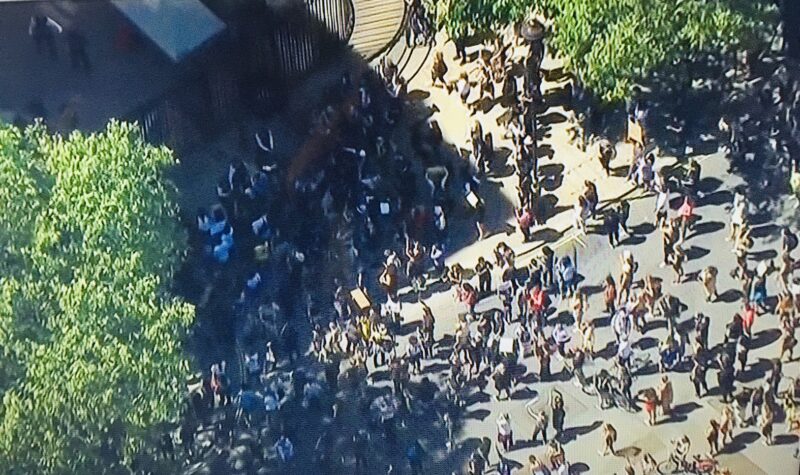
These eruptions broke out amid a deadly coronavirus pandemic, which has exacted a disproportionate toll on African Americans and upended the economy. Businesses by the tens of thousands have closed, throwing some 40 million workers out of jobs. Not since the Great Depression has there been such anguish and pain.
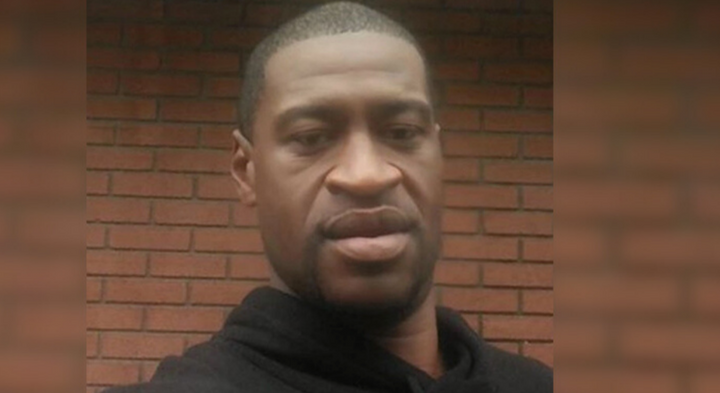
The cycle of violence started when George Floyd, 46-year-old and unemployed since the contagion gripped the nation, was killed in Minneapolis while in police custody. He died after policeman Derek Chauvin pressed his knee against Floyd’s neck for eight minutes and 46 seconds.
“I can’t breathe,” Floyd groaned in agony, but his desperate pleas were callously ignored by Chauvin and three other officers, who are plainly complicit in his wanton death.
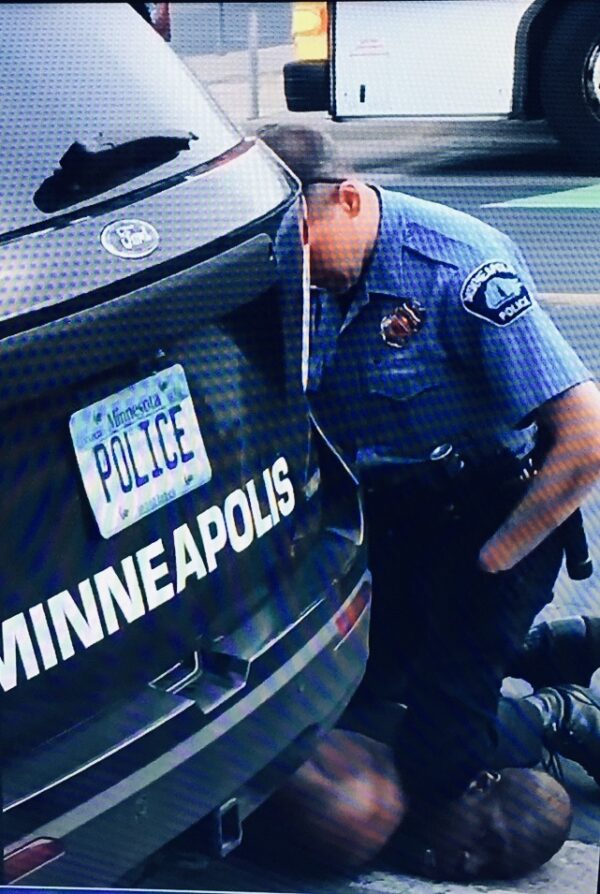
Floyd was arrested after a grocery store employee complained to police that he was trying to pay for cigarettes with a counterfeit $20 bill. It was a minor misdemeanor, but Chauvin turned it into a major incident, signifying memories of previous racial injustices and underscoring the recurring and sickening phenomenon of unchecked police brutality against African American men in the United States.
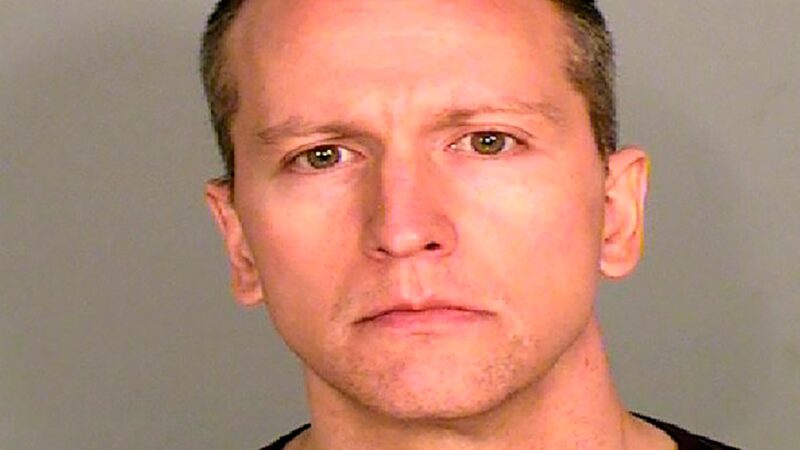
Watts, a black neighborhood in Los Angeles, was convulsed by civil insurrection for six days in 1965 after a black motorist on parole for robbery was pulled over for reckless driving. Los Angeles exploded into violence yet again in 1992 after four police officers were acquitted of using excessive force in the Rodney King affair.
Eight years ago, Trayvon Martin, a black teenager, was killed by George Zimmermann, a white man, in a gated community in Sanford, Florida. Martin’s death led to the formation of the Black Lives Matter movement.
In 2014, Eric Garner died after being placed in a chokehold by a policeman in New York City. “I can’t breathe,” he cried before succumbing to asphyxiation. In the same year, Michael Brown was killed in Ferguson — a suburb of St. Louis — after an altercation with a white policeman.
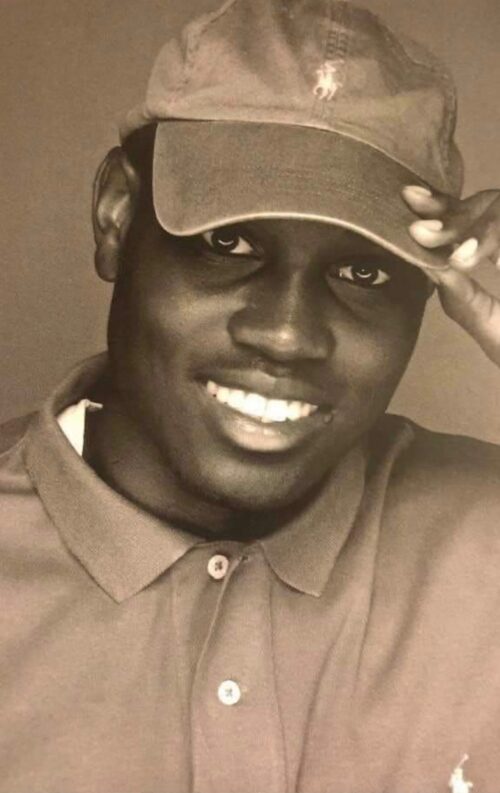
Last February, yet another African American male fell victim to random violence when Ahmaud Arbery was fatally shot by two white men while jogging in Atlanta. It is not clear whether the attackers, a father and son, were motivated by racism.
With Floyd’s death, something snapped, sparking mass rioting in Minneapolis. Chauvin was summarily fired and charged with third-degree murder and second-degree manslaughter, but charges against his colleagues have yet to be filed.
The chaos intensified and after four nights of mayhem, the mayor, Jacob Frey, urged residents to stay home. “What started as largely peaceful protests for George Floyd have turned to outright looting and domestic terrorism in our region,” he wrote in a telling commentary on Twitter.
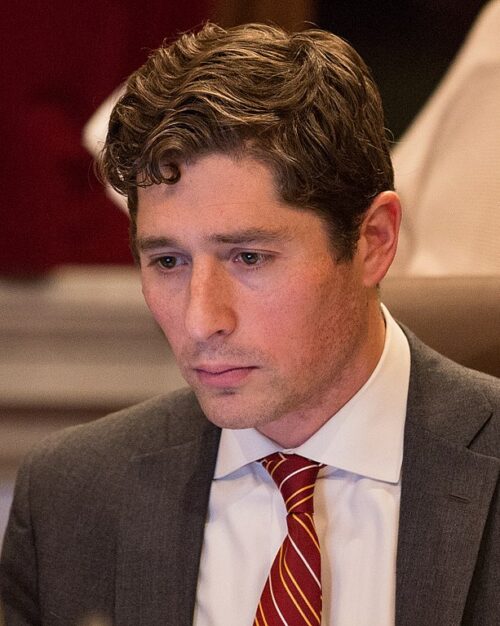
Frey suggested that extremists were hijacking the protest movement. “We are now confronting white supremacists, members of organized crime, out-of-state instigators, and possibly even foreign actors to destroy and destabilize our city and our region,” he declared.
Since then, the protests have spread to more than 75 cities, in the worst civil unrest to convulse the United States since the assassination of Martin Luther King Jr. in Memphis in 1968.
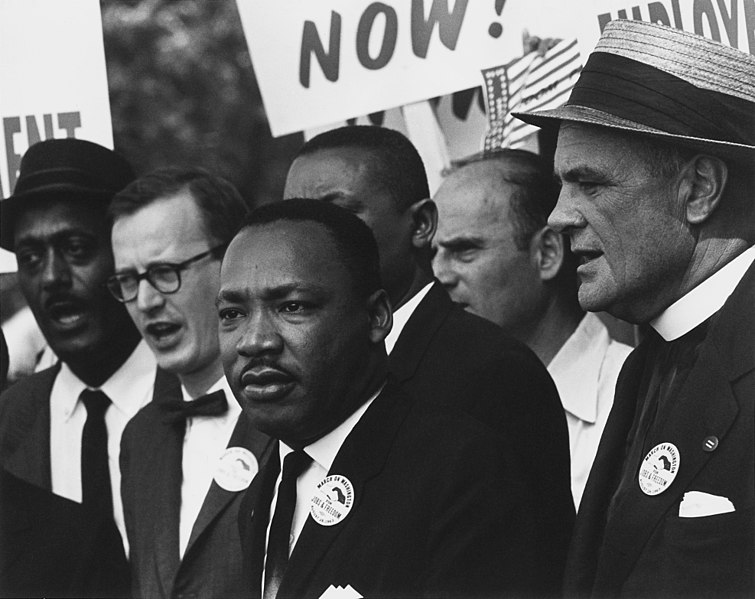
With looters running wild and violent protesters and provocateurs burning buildings, curfews have been imposed and the National Guard has been called up in 29 states to quell the disturbances.
The looters, the vast majority of whom have been blacks, have stained and dishonored Floyd’s memory and reinforced stereotypes among some whites that African Americans are prone to criminal activities.
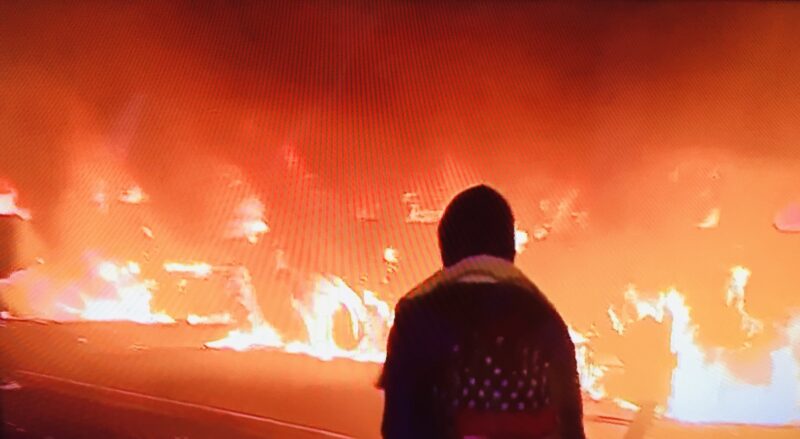
President Donald Trump has condemned the murder of Floyd, but at one point, he jarringly labelled all protesters as “thugs.” Much to the dismay of state governors and mayors, he threatened to deploy the army if the violence was not reined in. And in what was widely regarded as a crass political stunt in advance of the presidential election in November, Trump walked to a church near the White House and flaunted a Bible to impress his supporters. Comically enough, he did not realize he was holding it upside-down.
The Floyd fiasco underscores the pervasive, systemic pattern of racism that afflicts American society.
The United States is in many respects an admirable democracy, but until the Emancipation Proclamation was issued by President Abraham Lincoln, its economy was underpinned by slavery. And shortly after the end of the U.S. Civil War, the Jim Crow system of segregation in southern states took hold with the connivance of the north, disenfranchising, demeaning and humiliating generations of people of color.

Blacks were rendered second-class citizens and denied the opportunities that whites took for granted. For most black Americans, the cherished American Dream was illusory.
The civil rights movement of the 1950s and 1960s broke down barriers, but racial inequality in education, employment, wealth, housing and law enforcement remained deeply embedded, sparking fresh tensions and riots in the 1960s.
President Lyndon Johnson’s Kerner Commission, which was struck to examine its causes, found that the federal government’s abysmal failure to fix this generational problem in a rigorous and systematic manner was at the root of America’s malaise: “White institutions created it, white institutions maintain it and white society condones it.”
Black Americans have made great advances in the past three decades. African Americans in far greater numbers than ever before have graduated from universities and obtained jobs that were once off-limits to them.
In a historic breakthrough, Barack Obama was elected president of the republic after Colin Powell and Condoleezza Rice had been appointed as secretary of state.
African Americans have come a long way, but the road ahead is still littered with obstacles, judging by the murder of George Floyd.
